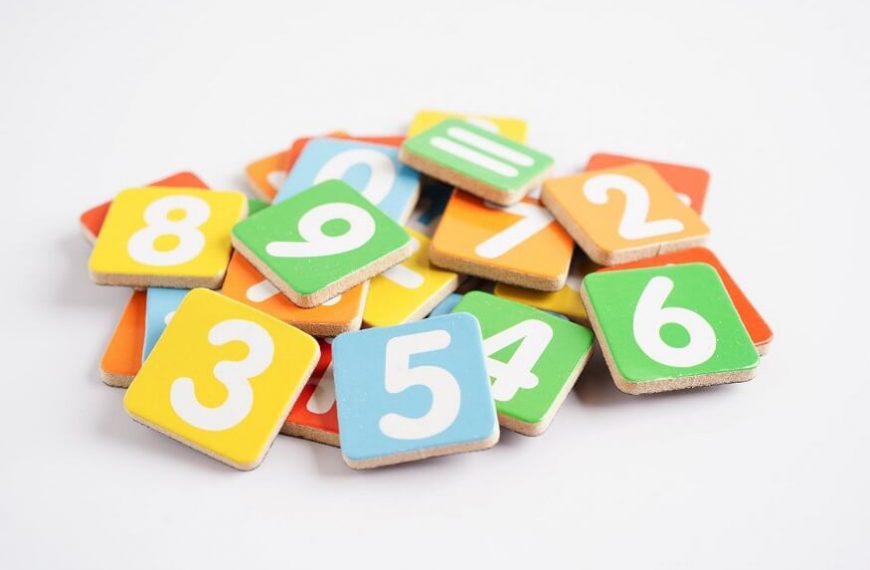Mathematical Puzzles and Brain Teasers for Kids
Young brains can be entertained and educated while being engaged with mathematical puzzles and brain teasers, which promote logical reasoning, problem-solving, and critical thinking. These fascinating problems not only make maths fun, but they also encourage students’ creativity and a love of problem-solving. In this post, we’ll look at a lovely selection of quizzes, maths puzzles, riddles and logic games that are tailored especially for kids aged 2 to 3. Let’s begin this voyage of mental stimulation and intellectual development.
- Unveiling the Fascinating World of Maths Puzzles for Kids
- Stimulating Curiosity with Engaging Math Riddles for Kids
- Unlocking the Secrets of Logic Puzzles for Kids
- The Thrill of Maths Quizzes for Kids
- The Benefits of Incorporating Mathematical Puzzles in Education
- Integrating Maths Puzzles in the Classroom
- Maths Puzzles and Cognitive Development
- Fostering Creativity through Maths Puzzles
- Maths Puzzles for Different Age Groups
- Enhancing Classroom Collaboration with Maths Puzzles
- Online Resources for Maths Puzzles
- The Connection Between Maths Puzzles and Real-Life Problem-Solving
- Empowering Kids to Embrace Challenges
There are many different kinds of maths puzzles for youngsters aged 2 to 3, from numerical games and visual challenges to mathematical processes and pattern detection. With the help of these puzzles, young students can explore mathematics and number concepts in fun and engaging ways. Their ability to solve maths problems increases along with their focus, self-assurance, and numeracy skills.
Kids’ maths puzzles are brain teasers that take the shape of entertaining and illuminating questions. These beautifully written riddles encourage problem-solving skills in addition to providing entertainment. Children deepen their comprehension of mathematical ideas and hone their deductive reasoning abilities as they solve the mysteries buried inside these puzzles.
Kids’ logic problems are made to challenge their deductive abilities and encourage organised thinking. These puzzles frequently need you to arrange objects, spot patterns, and draw logical conclusions. Children’s engagement with logic puzzles fosters the growth of their analytical skills and strengthens their capacity for critical thought, improving their problem-solving skills in a variety of spheres of life.
Kids’ maths quizzes make learning fun for young students by turning it into a game. These tests cover a range of mathematical concepts, from elementary computation to more complex ideas. Children can solidify their understanding, monitor their progress, and develop confidence in their mathematical ability by taking maths quizzes.
There are many advantages to including mathematical puzzles and brain teasers in the curriculum. It not only encourages youngsters to have a good approach towards maths but also improves their capacity for problem-solving, critical thinking, and logical reasoning. In addition, these puzzles encourage children to adopt a growth mentality by motivating them to persevere in overcoming obstacles.
Maths puzzles can be used in the classroom by teachers as a fun and engaging way to teach mathematical ideas. Education professionals can increase students’ interest in and enjoyment of maths by introducing puzzles into their sessions. The contents covered in class can be reinforced with the help of these puzzles, which can also promote involvement and a good attitude towards the subject.
Maths problems have advantages that go beyond academic achievement. Children’s important cognitive skills are developed when they solve puzzles. They develop their problem-solving skills, logical thinking, and analytical thinking as they work through complicated challenges. These cognitive abilities are crucial in determining children’s future academic success and general cognitive development.
Children’s creativity can be greatly encouraged through the use of maths puzzles. Innovative solutions can be achieved by encouraging young students to consider issues from several perspectives and to think imaginatively. Children develop confidence in their capacity to approach problems creatively as they experiment with different approaches, a skill that is useful in all facets of life.
Maths puzzles can be modified to accommodate different age groups and mathematical proficiency levels. Younger children (2 to 3 years old) should be given straightforward counting and pattern identification puzzles, while older children should be given more challenging algebraic, geometrical, and logical puzzles. Children are adequately challenged and encouraged to pursue further maths exploration when problems are tailored to age-appropriate levels.
In the classroom, maths puzzles can foster a collaborative learning environment. Teachers can plan group puzzle-solving sessions where kids collaborate to solve difficult challenges. In addition to enhancing cooperation abilities, this collaborative method encourages students to support one another and respect one another.
There are a tonne of internet resources for brain teasers and maths puzzles in the digital age. Many websites and applications offer interactive and captivating puzzles that kids aged 2 to 3 may solve on their own or in groups, catering to various age groups. These online tools can be a great addition to traditional classroom instruction, providing students more chances to hone their problem-solving techniques.
Maths puzzles help kids aged 2 to 3 to use their skills outside of the classroom by simulating real-world problem-solving circumstances. The problem-solving skills developed through puzzles are important in everyday life, from calculating costs when shopping to comprehending data in the news.
Children develop a growth mindset through maths problems by learning that difficulties are stepping stones to success. Kids aged 2 to 3 learn to embrace mistakes, see barriers as opportunities, and develop resilience by praising the puzzle-solving process and promoting perseverance—an attitude that equips them for success in any subject they choose to pursue.
Brain teasers and mathematical puzzles offer a friendly and sensible way to develop young minds aged 2 to 3. Children who become immersed in the realm of puzzle-solving not only experience the thrill of learning but also gain important life skills. These puzzles provide a fun and enriching method of teaching by developing mathematical skills as well as encouraging creativity, critical thinking, and teamwork. Let’s keep inspiring kids aged 2 to 3 to discover the exciting world of maths puzzles and giving them the tools they need to reach their best potential.
Consider EuroKids for a thorough and compassionate educational experience that includes mathematics problems and brain teasers for kids aged 2 to 3. Our thoughtfully crafted programmes put a strong emphasis on holistic development and give kids the skills they need to excel in school and in life. Discover the EuroKids experience and work with us to help your child have a great future. Visit our website to find a EuroKids centre near you and to learn more about our fun programmes. Let’s encourage young minds aged 2 to 3 to appreciate the wonders of learning by working together.
















